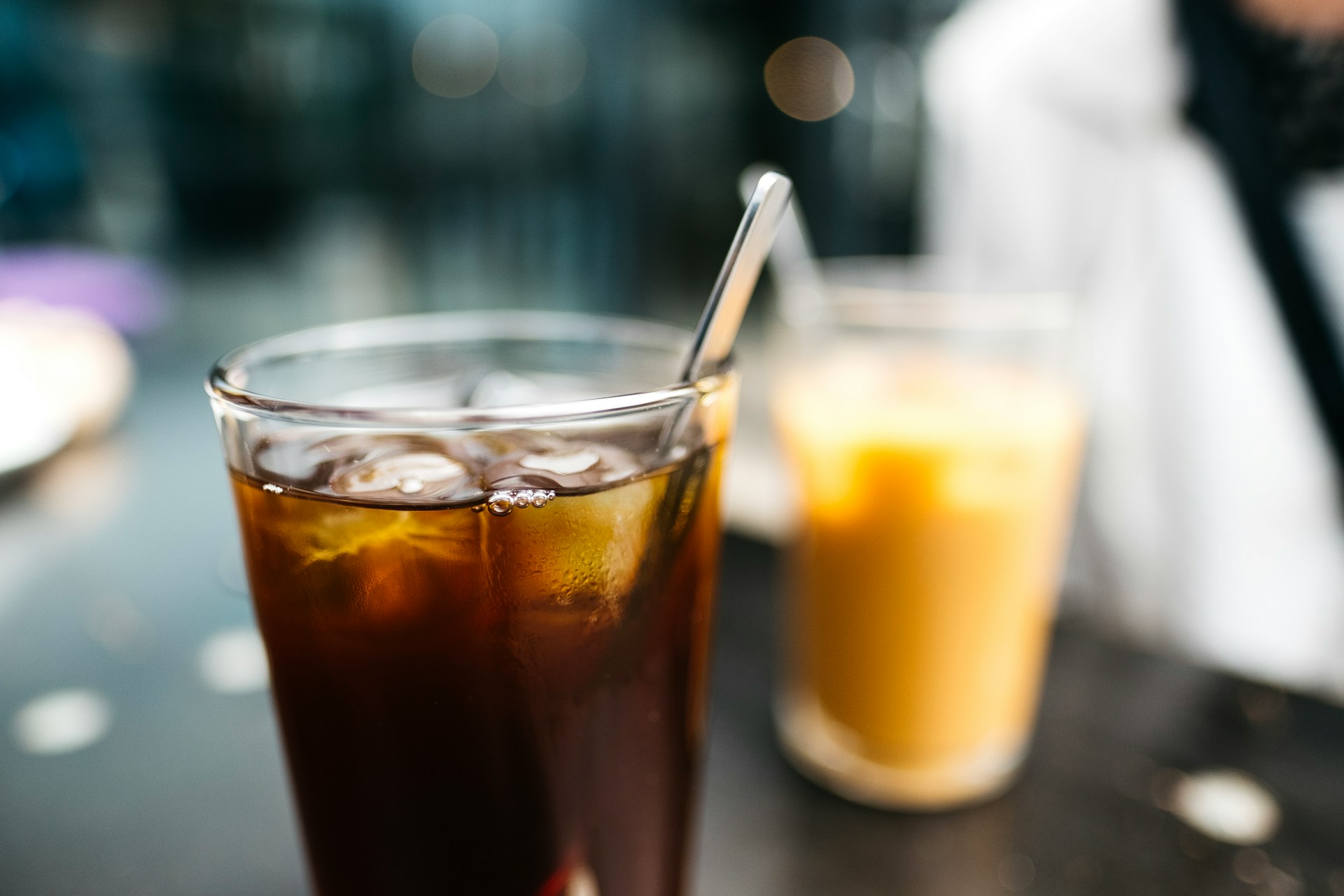I’ve wondered, “What’s the strongest coffee?” many times, yet in a completely different scenario. Sometimes, I wonder what the strongest coffee is because I need a coffee loaded with caffeine to keep me awake on a long-haul flight. Other times, I’m sipping on a cup of coffee that’s far too weak, leaving me to question what coffee I should order for a bolder taste. The meaning of the question of “what’s the strongest coffee?” is up to interpretation, but I set out to find out the answer to every variation. Here’s what to know about the strongest variation of coffee in every sense of the term.
What makes coffee strong?

On a technical level for coffee roasters, the strongest coffee can be defined as one with the highest dissolved solids, measured as Total Dissolved Solids (TDS). In layman’s terms, the more dissolved coffee grounds in a cup of coffee, the stronger it is. While this is important for manufacturing coffee, this is unlikely to mean much to the average coffee drinker. You’re more likely just want to know how to brew the strongest, boldest cup imaginable and how to get the energy boost you need (especially if you’ve built up a caffeine tolerance like me).
Instead, I like to break down coffee strength into two categories: caffeine content or taste and roast. The answer to “What’s the strongest coffee?” is not always the same. Instead, it depends on which category of coffee strength you’re referring to.
Dark roast coffee

Different coffee roasts’ distinct tastes are beautiful, ranging from mild, fruity, light roast coffee to a rich, bold, dark roast. There’s no question that the taste of different coffee roasts appeals to different taste buds, but which is the strongest? In terms of flavor, dark roast coffees notoriously have a bold, full-bodied flavor. That’s why dark roast coffees are used to brew concentrated espresso shots. When choosing what to order at a coffee shop, a dark roast is your best option if you seek a bold coffee flavor.
Brands such as Death Wish Coffee claim to be amongst the world’s strongest coffees — and many coffee companies, such as Coffee Holli have put this to the test. Opting for a dark roast coffee is a good choice in terms of a strong flavor, but the brewing method also greatly impacts the strength of your coffee. For example, brewing dark roast in a shot of espresso will yield an intense, concentrated coffee flavor. The small volume of liquid to the amount of coffee grounds used makes espresso shots so strong in flavor.
Caffeine content

Even well-versed coffee lovers tend to believe the common misconception that a coffee’s roast impacts its caffeine content. However, according to Kicking Horse Coffee, if coffee is measured by weight, a light roast and a dark roast coffee contain virtually the same amount of caffeine. However, if measured with a coffee scoop, a light roast coffee has slightly more caffeine as the coffee beans become denser due to their shorter roasting time. However, the difference is negligible, meaning opting for a dark roast coffee isn’t always the answer if you’re seeking a “strong” coffee in terms of caffeine content.
When you need the strongest possible coffee (caffeine-wise), try ordering a dead eye coffee — the ultimate in strong drinks. A black eye coffee is an even more caffeinated version of the similar red eye coffee or black eye coffee. A dead eye coffee is usually made with three shots of espresso mixed into a regular cup of coffee. That’s one drink that will surely wake you up but could also leave you with a terrible caffeine crash. If you find yourself at a chain coffee shop like Starbucks, where a dead eye coffee isn’t an option, extra-large sizes of dark roast coffees are a safe bet for a hefty dose of caffeine.
What’s the strongest coffee?

Biohazard Ground Coffee is one of the strongest coffees you can buy in terms of flavor and caffeine content. Twelve ounces of this coffee brewed contains a whopping 928 milligrams of caffeine. If this sounds like a lot (maybe even too much), it is. Start slow with this coffee, as just two cups can exceed the daily recommended caffeine limit of 400 mg. This coffee roast is made with Organic dark roasted Robusta beans and yields an ultra-bold flavor. Bones Coffee Company’s High Voltage coffee is another great option for exceptional flavor and a hefty dose of caffeine.




